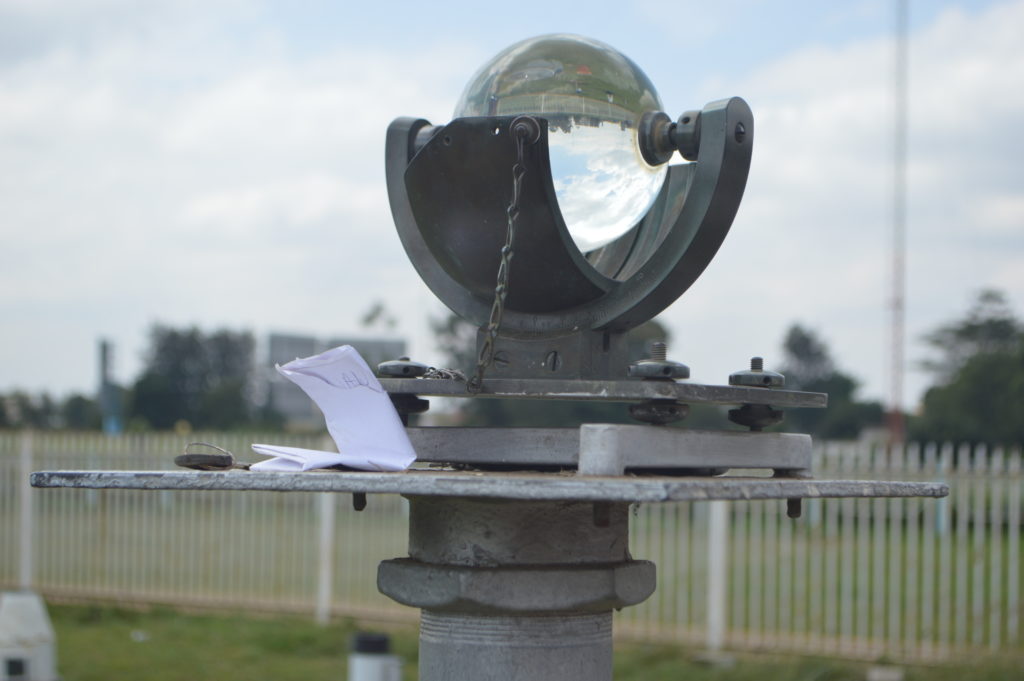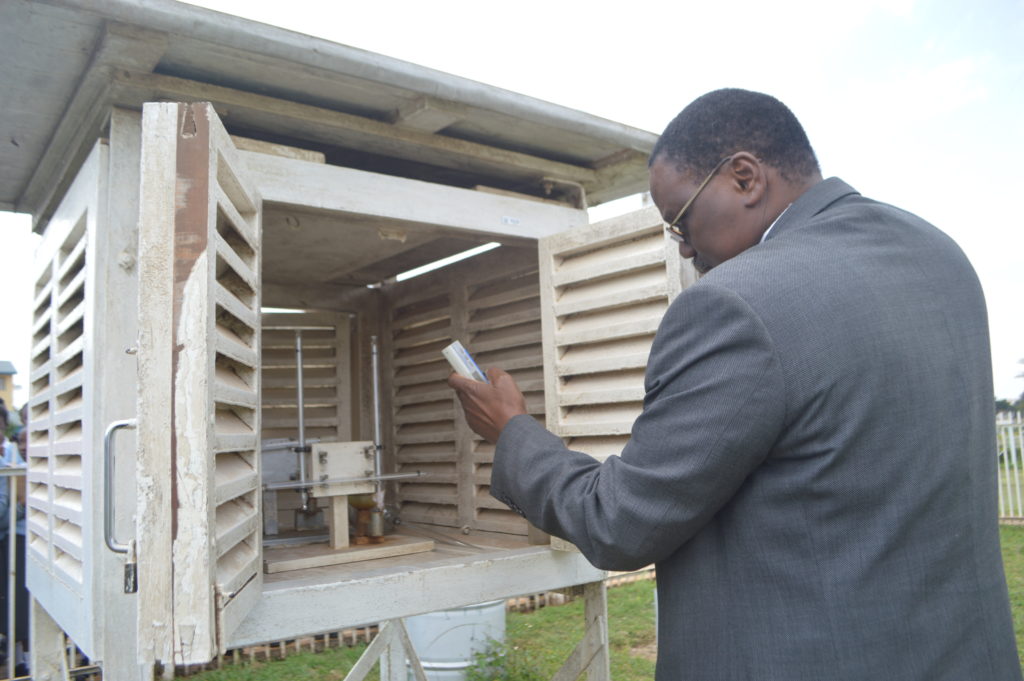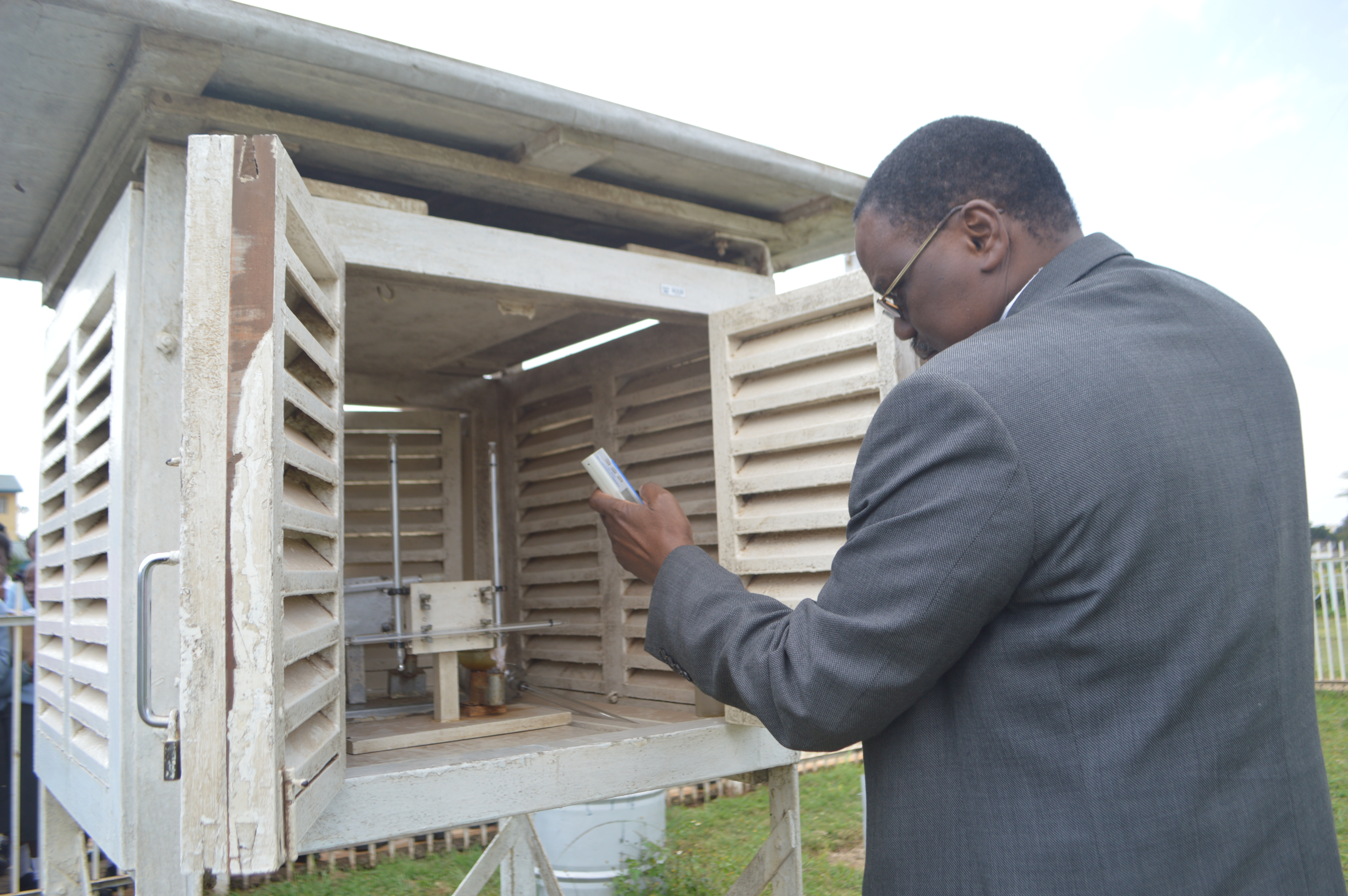By Mary Mwendwa

Low temperatures being experienced in Nairobi and its environs are expected to drop during the night hence people are advised to keep warm, weather man says.
“Nairobi residents need to understand that this cold season which runs from June to August will record some very cold nights and this does not mean that all nights will be very cold.Temperatures are expected to drop as low as nine Degrees Celsius . People need to be aware of this and keep their houses warm to avoid health complications which come as a result of such cold weather. However, for those using charcoal to keep warm need to be alert about the carbon monoxide gas which is poisonous and can kill.” Ayub Shaka, Senior Assistant Director , Public Weather and Outreach Services, Kenya Metrological Department advises.
Mr.Shaka continues to say that Nairobi generally has colder nights but during the cold season temperatures drop further .”Some of these very cold nights are not felt because people are usually indoors and have kept warm . Day temperatures are expected to have a minimum of 19 Degrees Celsius while places like airports , Jomo Kenyatta International Aiport in Nairobi will record 18 and Wilson Airport 17 respectively .”

“These low temperatures usually have impacts on human health and also plants . For human beings , those with respiratory conditions they get triggered and plants usually have a problem with a big range of temperature difference.This means that if the lows and highs have a big difference within a short time, plant cells cannot develop and hence leads to stunted plants. Places like Limuru and Naivasha at times experience such problems.”
Shaka confirms that Kenya Metrological Department monitors weather throughout the country where the have 37 weather stations of which some are automated and others are manually manned by people.”All these weather stations collect data on temperature, pressure, humidity , rainfall, radiation, wind speed and three of them monitor pollution.This information is collected and ingested into systems where it is analysed every hour and shared as weather forecast. All sectors are consumers of this kind of information some of our consumers are people in aviation, medical, Agriculture , Energy and Transport industries.”

On climate Change Shaka notes that most parts of the country continue to record a decline in rainfall trends.Temperatures and rainfall intensities have increased in the last thirty years with seasons having become shorter especially in dry land areas.














